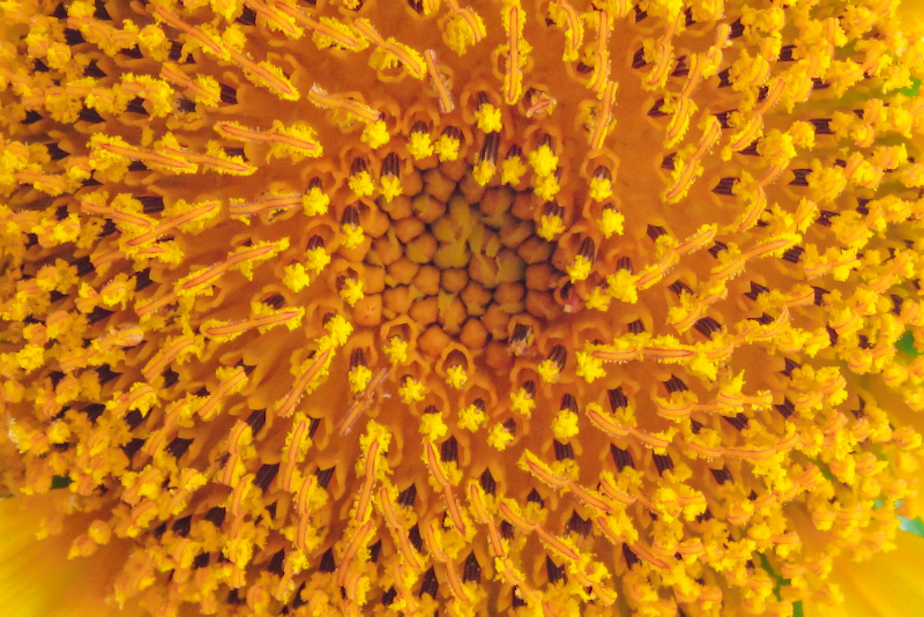Climate change could make pollen season a lot worse in the NW

A runny nose, a cough, a headache.
For once, we're not talking about the symptoms of COVID — we're talking about regular old seasonal allergies.
And if it seems like you’ve started sneezing sooner than usual, or been extra sensitive, you may not be imagining things: a study from the University of Michigan suggests warmer temperatures due to climate change are stretching pollen season, and making seasonal allergies worse.
Soundside's Libby Denkmann spoke to Fiona Lo, a postdoctoral researcher at the University of Washington's Department of Environmental & Occupational Health about how climate impacts human health.
Here's how climate change could affect pollen in our region, according to Lo:
An earlier start to the pollen season
The amount of pollen in the air is dependent on environmental factors like temperature, humidity, wind, and whether it's sunny.
Sponsored
"As temperatures are increasing, we're getting an earlier start to the pollen season and also a longer duration of the pollen season," Lo said. "And depending on the pollen types, sometimes we're getting an increase in the pollen magnitude over the season too, and all that contributes to worse allergy symptoms."
New weeds migrate to our region
"We don't have ragweed in this area, which is great because it's super allergenic," Lo said. "With climate change, there are plants that will migrate and the plant type will change. And so it's possible that different plants will come into this area or different plants will leave."
And as new weeds and grasses make their way to the Pacific Northwest, that means there are new allergens for people to develop.
"I know talking to a [pollen counting] station in Canada near Toronto, they've actually collected pollen from Oklahoma. So it's the pollen, it can travel hundreds of miles," Lo said.
Sponsored
Major climate events mean trouble
While some climatologists have warned that extreme heat events like last summer's heat dome will continue to be rare events, Lo said hot and dry temperatures in general will impact plants in our area, and pollen as well.
"With that heat dome last year, when it was really hot, if you walked around afterwards, you realize that a lot of plants were maybe singed, or they had dead leaves," Lo said.
If you kill the plant, or damage it in some way, that plant may not produce as much pollen the next year, according to Lo.
"That relationship of temperature and pollen concentration might not continue with increasing temperatures. I don't know what that relationship will look like, if we have much higher temperatures or very sudden increases of temperatures, which with climate change, we will probably get."
Sponsored
Pollen allergy sufferers, prepare for it to get worse
When we talk about preparing for a "new normal" due to climate change here in the Pacific Northwest, we're usually referring to wildfire season.
But Lo said she envisions a future where those with pollen allergies will have to take their medication for longer, or even wear a mask to reduce pollen exposure.
"There's what we call a dose response," Lo said. "The higher the pollen concentration, the more severe your symptoms. So if we have a longer season, people will have a longer duration of symptoms. And if you have a higher concentration of pollen, you have not only more severe symptoms, but probably more people who will get symptoms."





